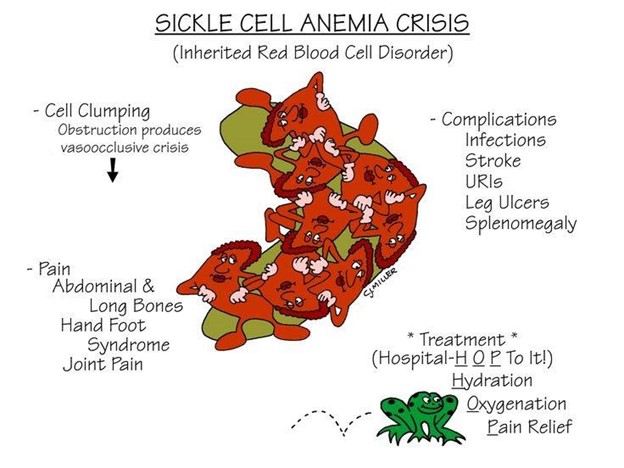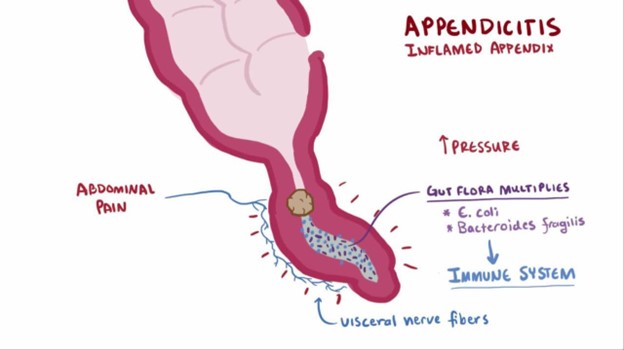A nurse is assessing an adolescent who experienced blunt trauma to the abdomen. Which of the following findings is the nurse's priority?
Respiratory rate 20/min
Abdominal pain rated 4 on a scale of 0 to 10
Heart rate 72/min
Blood pressure 92/50 mm Hg
The Correct Answer is D
The nurse's priority assessment finding in an adolescent who experienced blunt trauma to the abdomen is low blood pressure (hypotension). Hypotension could indicate significant internal bleeding or hemorrhage, which is a life-threatening condition and requires immediate attention. The decreased blood pressure may be a sign of shock, and prompt intervention is needed to stabilize the client's condition and prevent further deterioration.
While all the other findings (respiratory rate, abdominal pain, and heart rate) are important and should be assessed and monitored, blood pressure is the most critical in this situation due to its potential association with severe internal injuries and the risk of hypovolemic shock.
Nursing Test Bank
Naxlex Comprehensive Predictor Exams
Related Questions
Correct Answer is B
Explanation
During a sickle cell crisis, the child experiences severe pain due to the sickled red blood cells blocking blood flow in the vessels, leading to tissue ischemia and infarction. Pain is the hallmark symptom of sickle cell crisis and can occur in various parts of the body, such as the abdomen, chest, back, joints, and extremities.

A. Constipation is not a common symptom of sickle cell crisis. It may be associated with other conditions but is not directly related to sickle cell crisis.
C. High fever is not a typical finding in sickle cell crisis. Fever may occur due to infections, which individuals with sickle cell disease are at increased risk of developing, but it is not a direct symptom of the crisis itself.
D. Bradycardia (slow heart rate) is not commonly associated with sickle cell crisis. Tachycardia (rapid heart rate) may occur in response to pain, but bradycardia is not a typical finding.
Correct Answer is B
Explanation
The nurse should clarify the prescription to administer sodium biphosphate/sodium phosphate because it is a laxative and is contraindicated in a child with suspected appendicitis. The use of laxatives or enemas can potentially worsen the condition by increasing the risk of perforation or rupture of the inflamed appendix.
A. Monitoring oral temperature every 4 hours is important to assess for signs of infection or worsening condition.
C. Maintaining NPO status is essential to avoid stimulating the digestive system and to prepare for possible surgery.
D. Medicating the client for pain every 4 hours as needed is appropriate to manage pain and provide comfort while the child awaits further evaluation or treatment.
Remember, it's crucial to avoid the use of laxatives, enemas, or any other interventions that can potentially aggravate the inflamed appendix in a child with suspected appendicitis.

Whether you are a student looking to ace your exams or a practicing nurse seeking to enhance your expertise , our nursing education contents will empower you with the confidence and competence to make a difference in the lives of patients and become a respected leader in the healthcare field.
Visit Naxlex, invest in your future and unlock endless possibilities with our unparalleled nursing education contents today
Report Wrong Answer on the Current Question
Do you disagree with the answer? If yes, what is your expected answer? Explain.
Kindly be descriptive with the issue you are facing.
